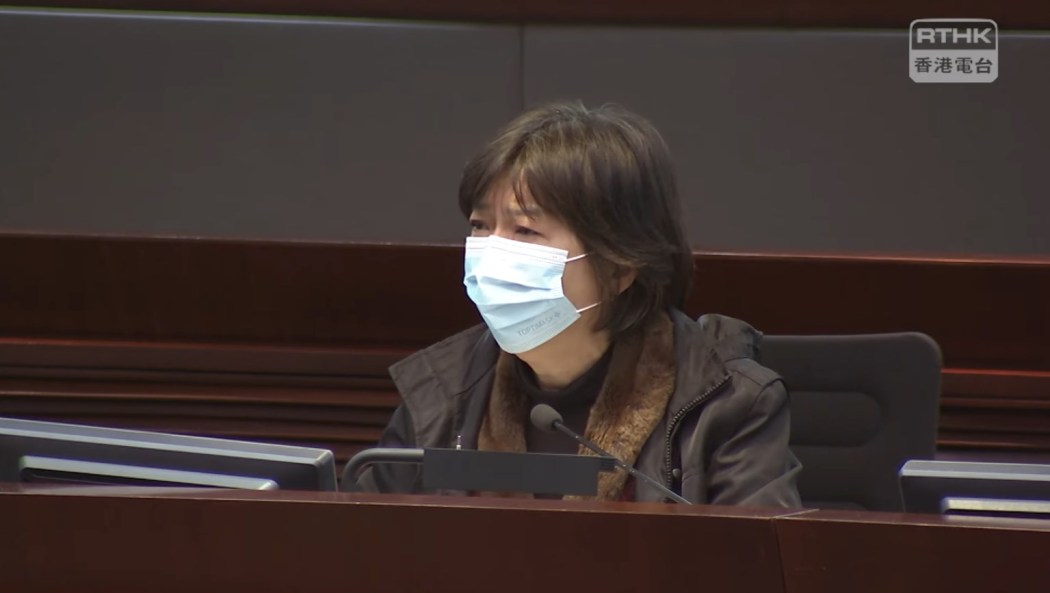Pro-Beijing lawmakers in Hong Kong have lambasted the Chinese University (CUHK) over last week’s attack on security guards, and accused the administration of tolerating “black violence” on campus.
The CUHK Vice-president Eric Ng faced criticism from members of the Panel on Education in the Legislative Council (LegCo) on Tuesday, when representatives from local universities attended the meeting to discuss governance and security issues on campus.

Legislators fired questions at Ng over the dismantling of security fences outside University Station last Monday, where a group of black-clad individuals attacked security personnel, reportedly with some white powder.
Pro-establishment lawmakers linked the incident to previous campus protests and the involvement of students in the large-scale protests and unrest of 2019. They accused CUHK of allowing Hong Kong independence to “breed” on campus, claiming the school administration was “doing harm” to youngsters in Hong Kong.
“Our taxpayers pay so much money every year to send their children to universities. But in the end, it has become a breeding ground for Hong Kong independence,” said Ann Chiang of the DAB Party.

Chiang said the university should be clear with their students that China would not allow the semi-autonomous region to become independent: “Why let these kids have false hope?”
She added: “Every president, vice-president, the ones responsible for management – shame on you!”
Last December, eight individuals were arrested for unlawful assembly and “inciting secession” during a peaceful demonstration on November 20, 2020. On that day, graduating students from CUHK displayed slogans in defiance of the Beijing-imposed national security law.

Another legislator Junius Ho held a photo from August 2019, where CUHK students – dressed in black, some with yellow helmets on – gathered on the University Mall to show solidarity with the pro-democracy protesters. Some students waved flags featuring the slogans “Hong Kong is not China” and “Liberate Hong Kong, revolution of our times,” which was banned last July under the sweeping security legislation.
Ho said students at the time sang “Hong Kong independence songs” and likened the demonstrating crowd to terrorist group Al-Qaeda: “What I see from this picture – I thought Al-Qaeda changed its registered office to CUHK.”
Responding to CUHK being referred to as “rioters’ university” by protesters and other members of the public, Ng said the university was “angered” when people “vilified” the institution.

“We would definitely not agree with students vilifying their own university,” he said.
The CUHK vice-president said the university took disciplinary action against fewer than ten students in relation to the social unrest; some were penalised for breaking university rules, using violence and engaging in “bullying behaviour.” He said the actions were ongoing, as the school authorities would follow up on cases once relevant legal proceedings are completed.
He added the university had completed a “comprehensive review” of campus protests and submitted a report to the university council last November. Lawmaker Ho urged the university to publish the report.
Support HKFP | Policies & Ethics | Error/typo? | Contact Us | Newsletter | Transparency & Annual Report | Apps
Help safeguard press freedom & keep HKFP free for all readers by supporting our team
























